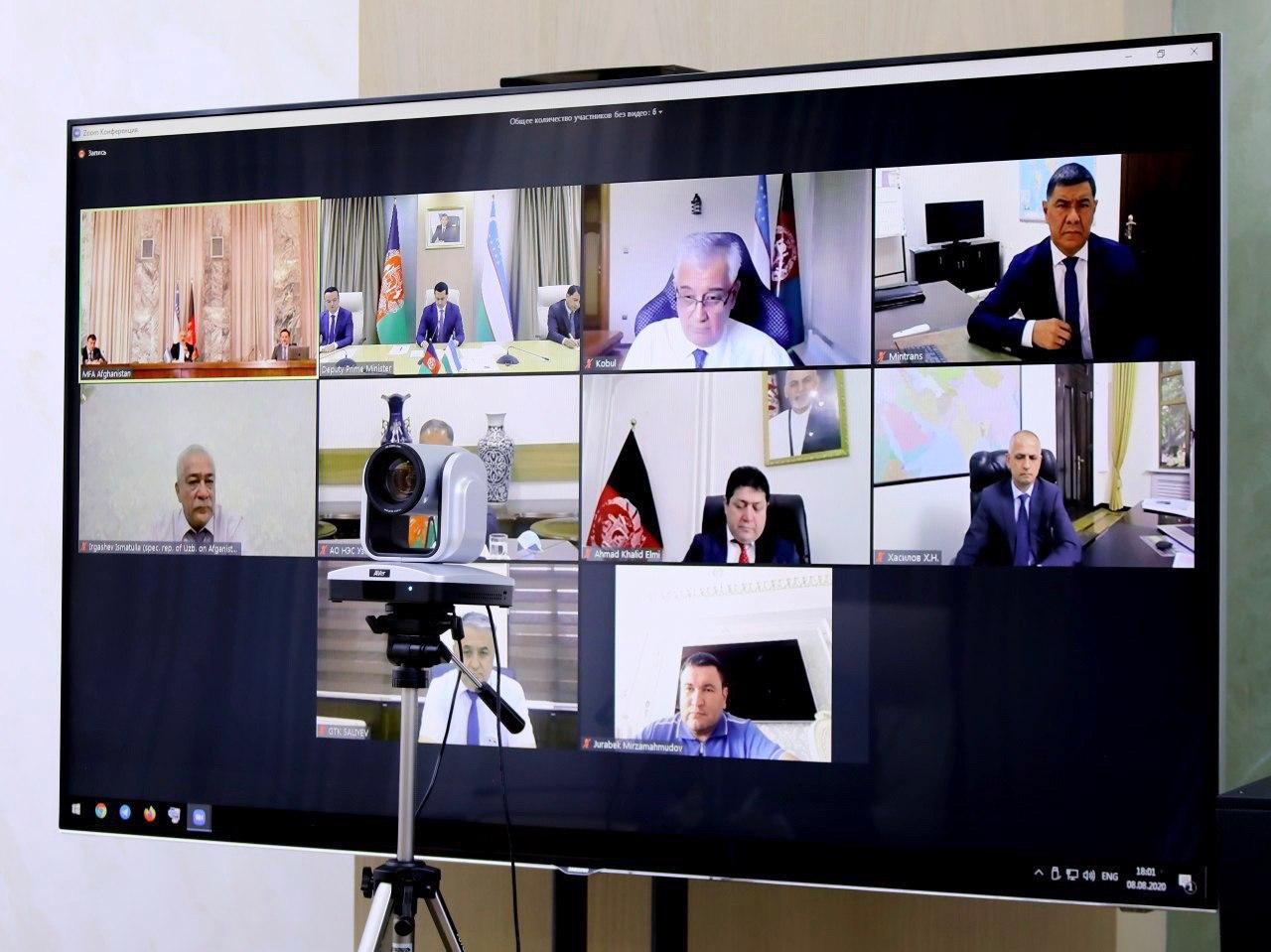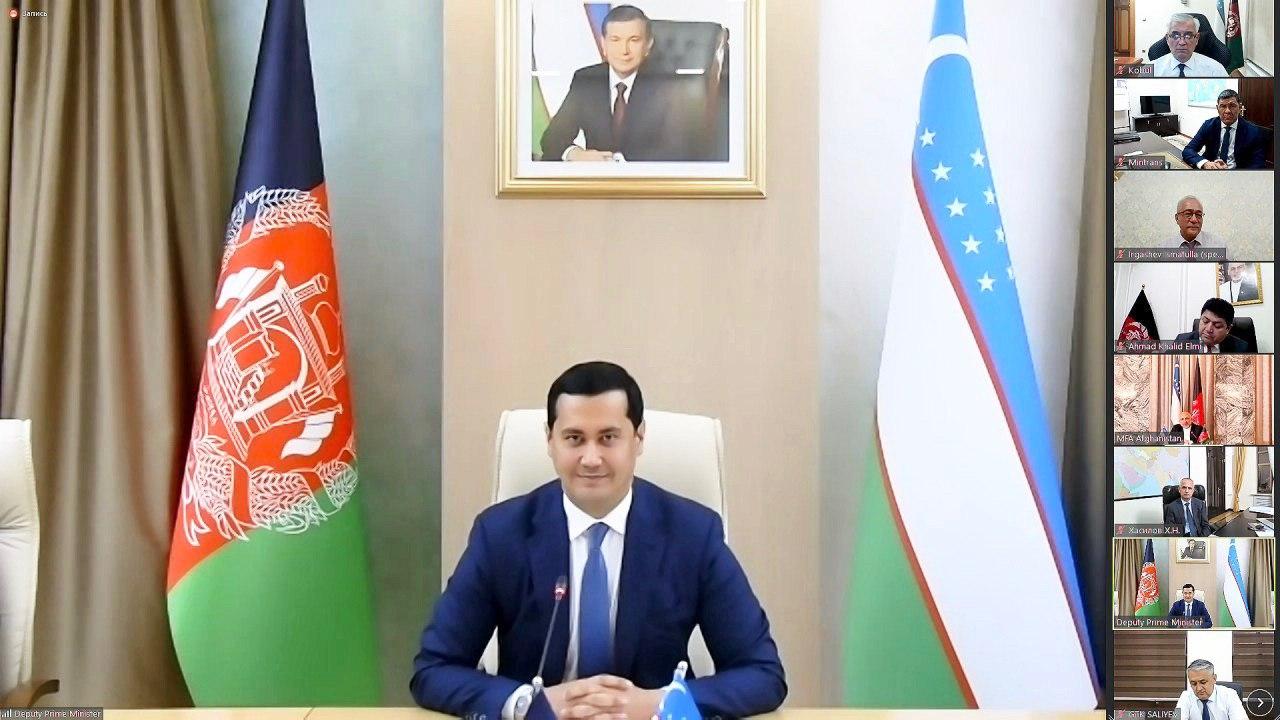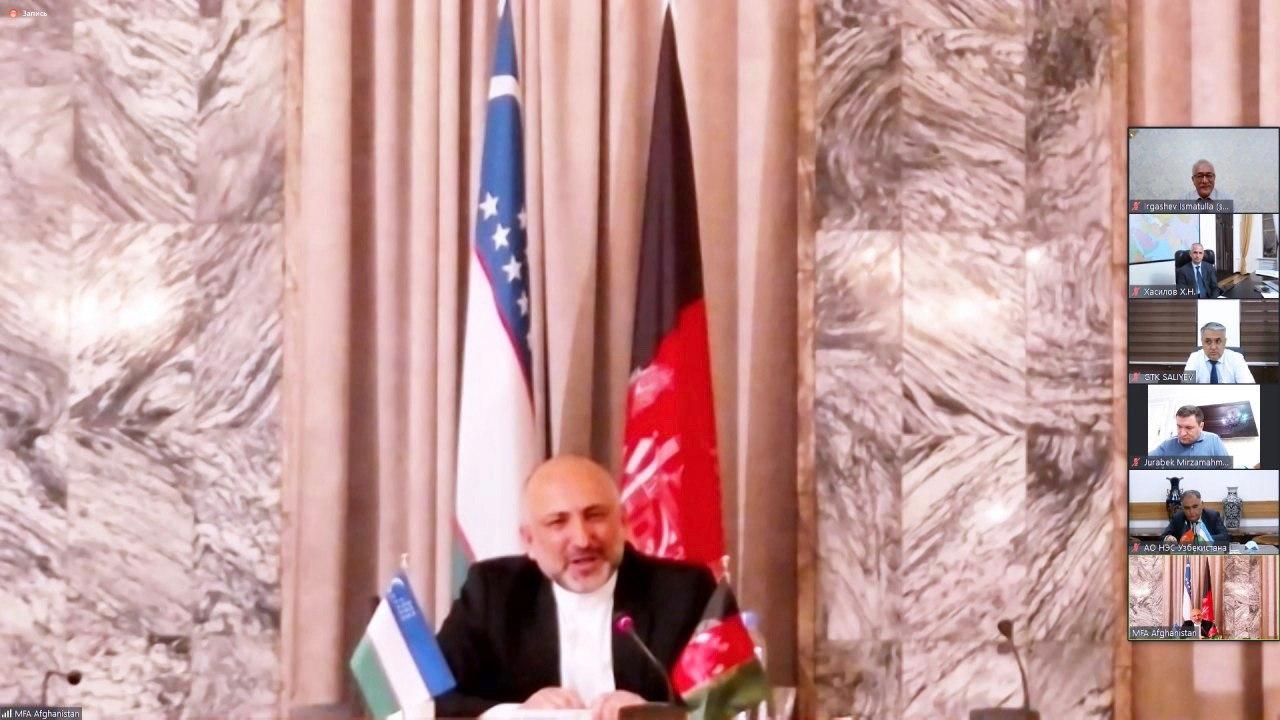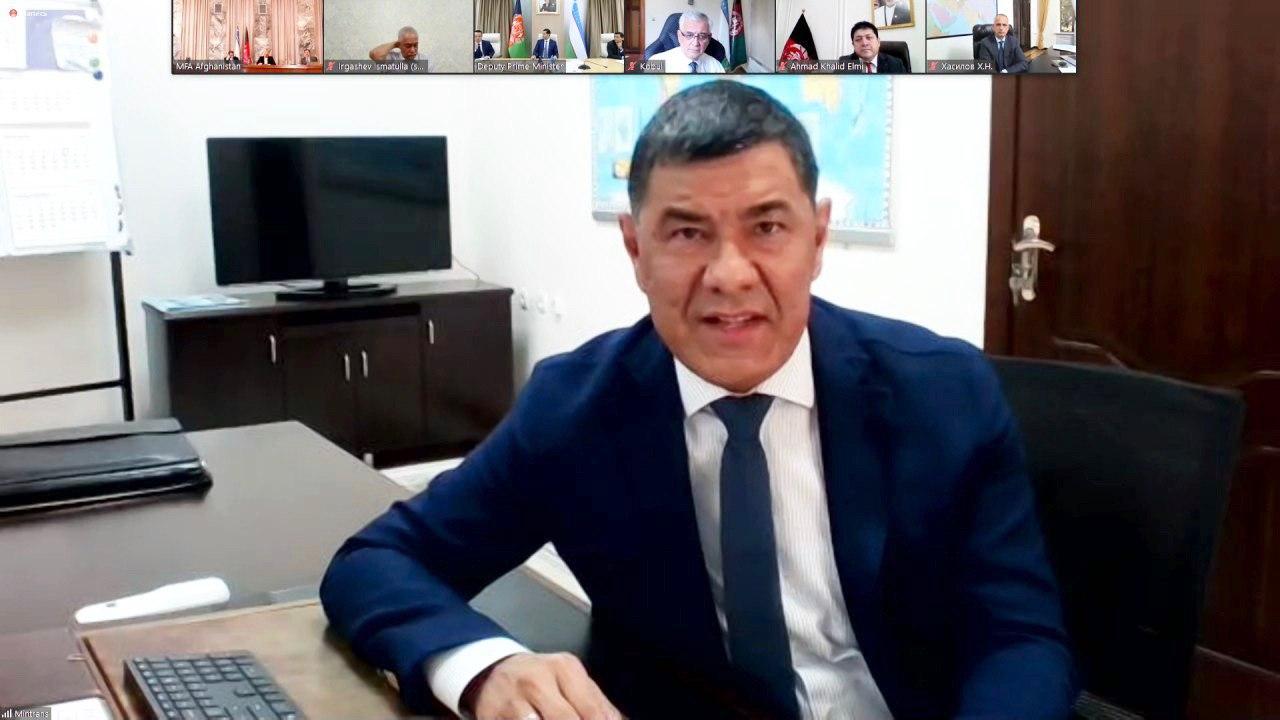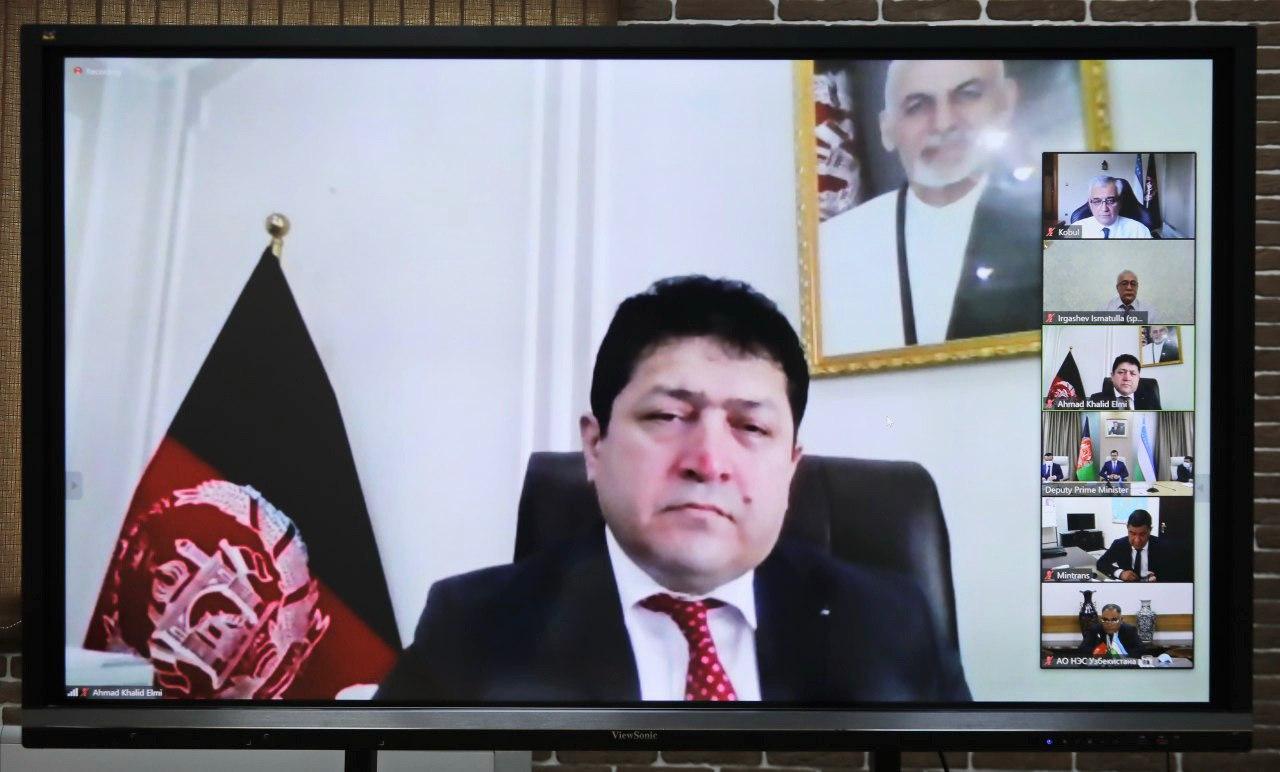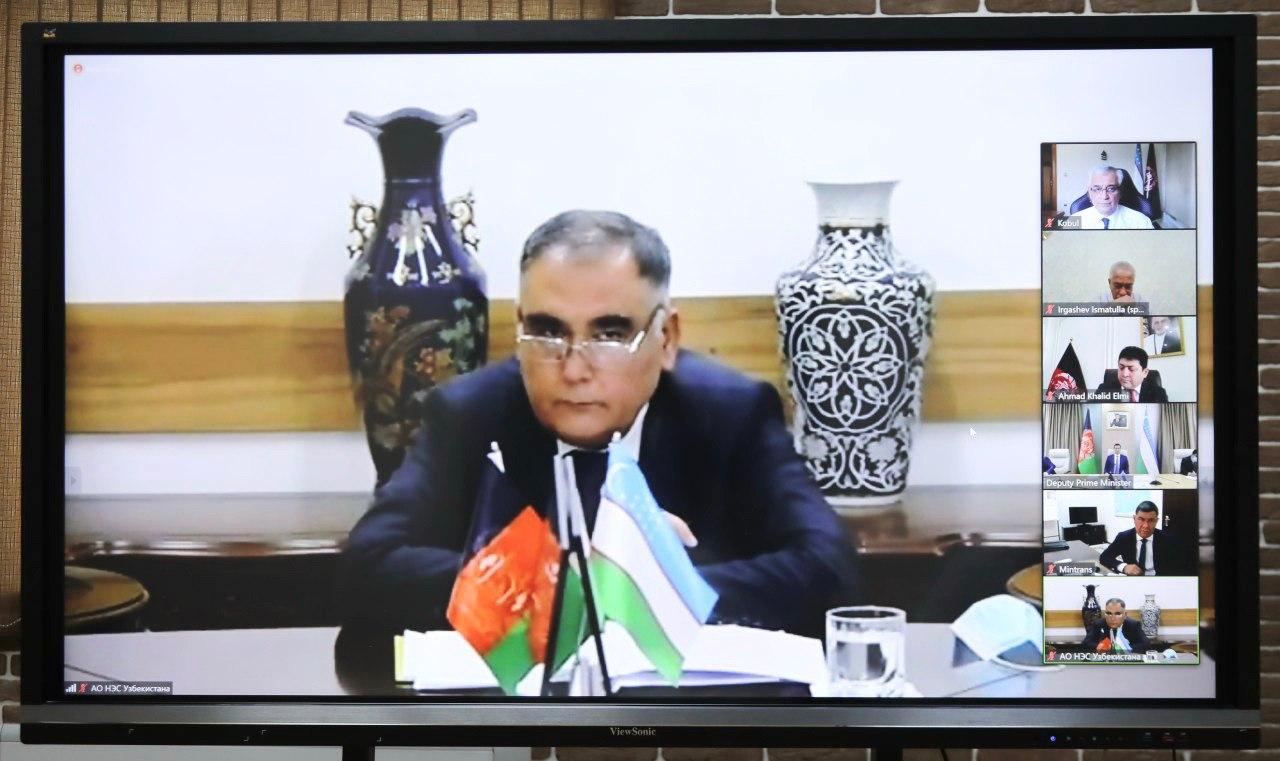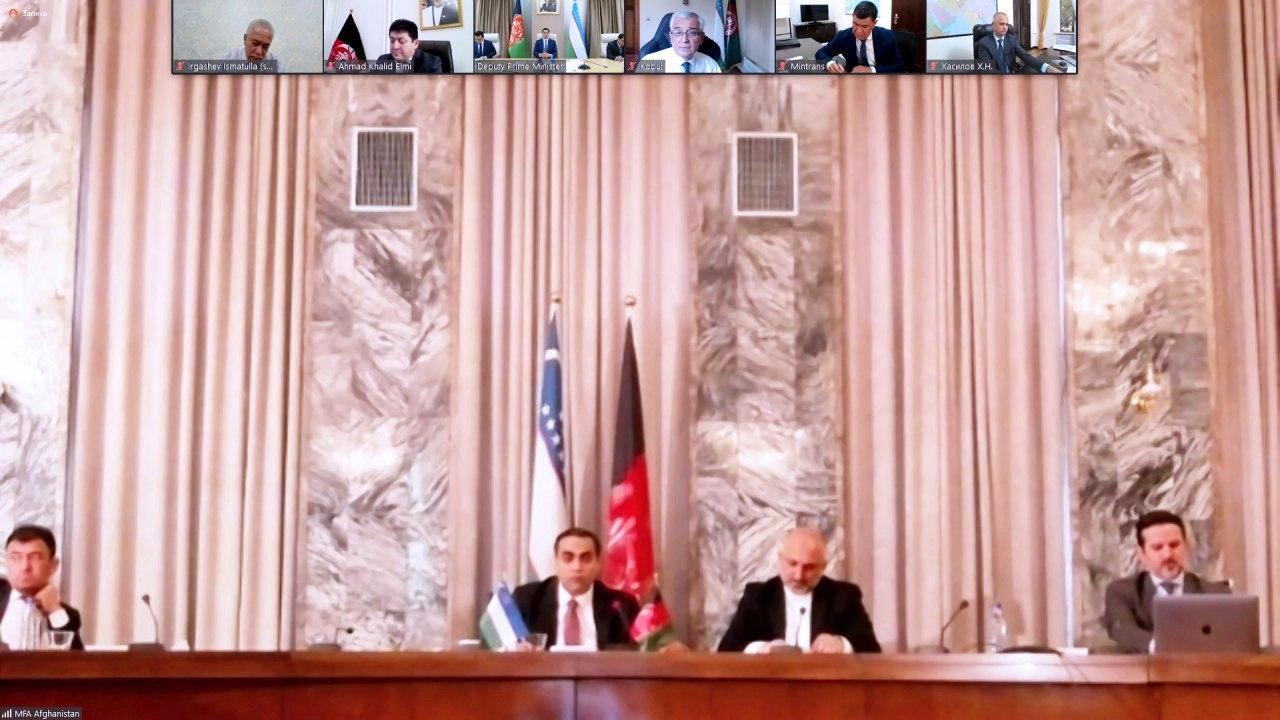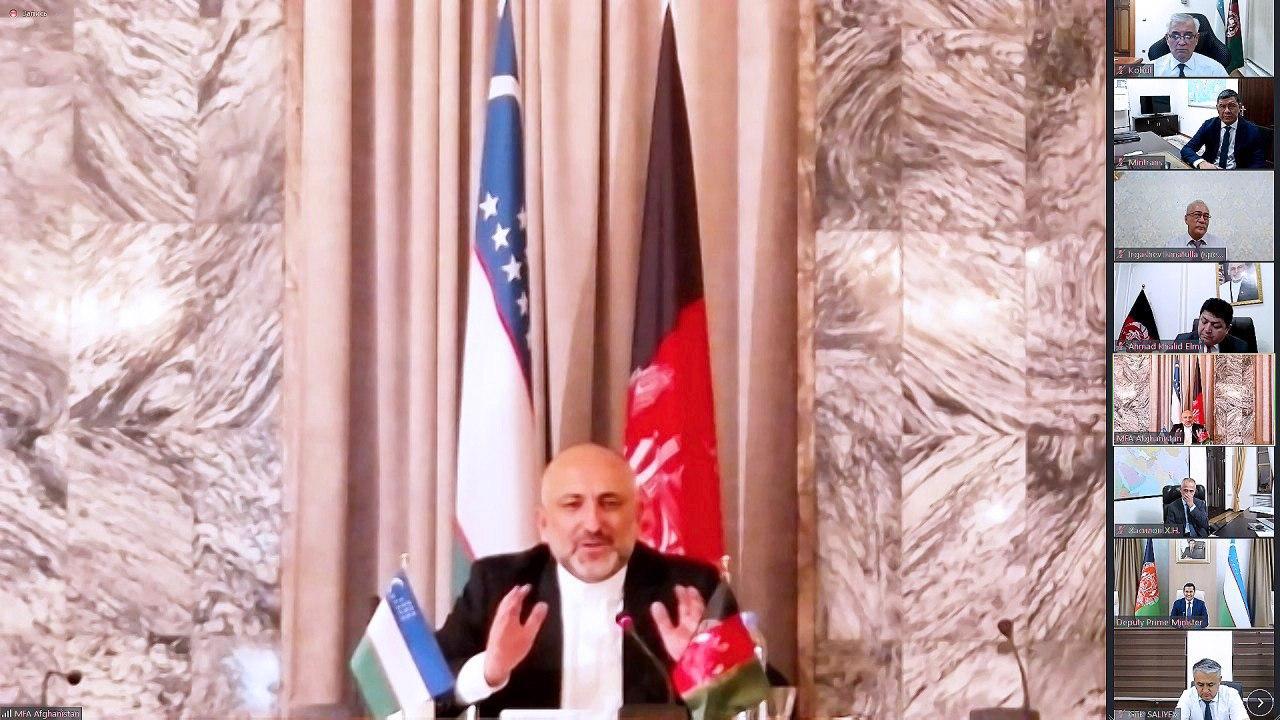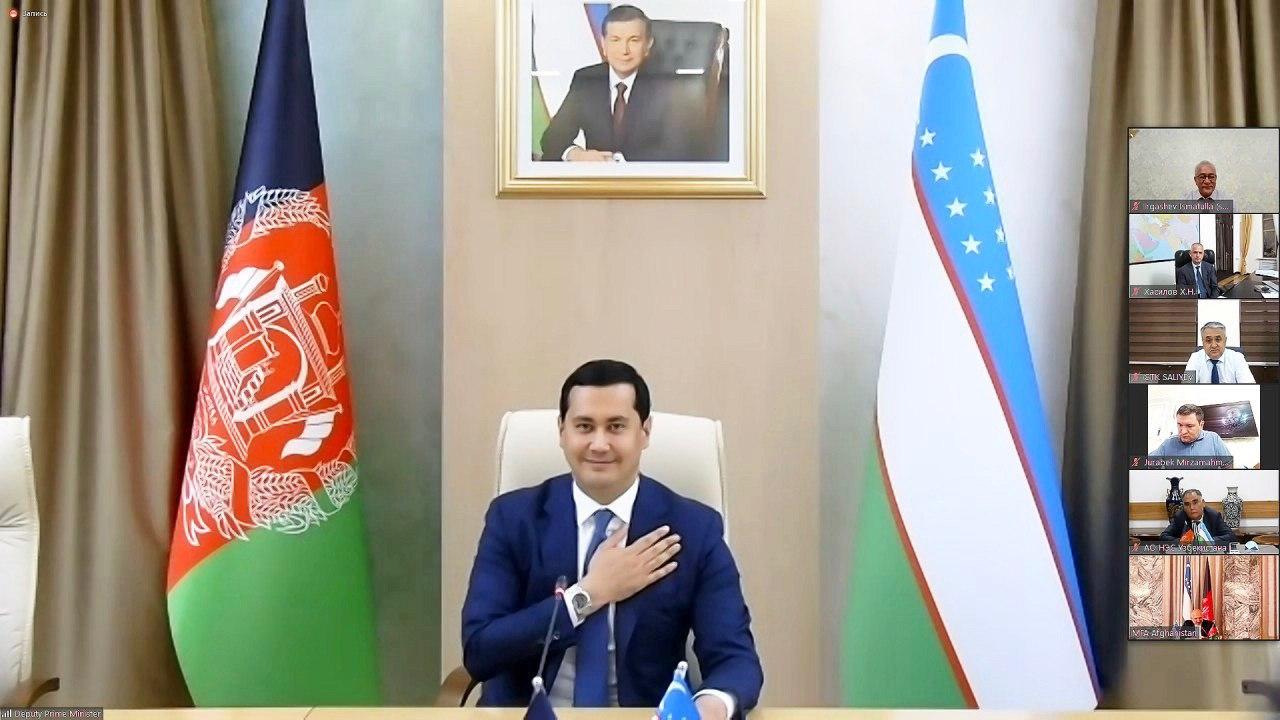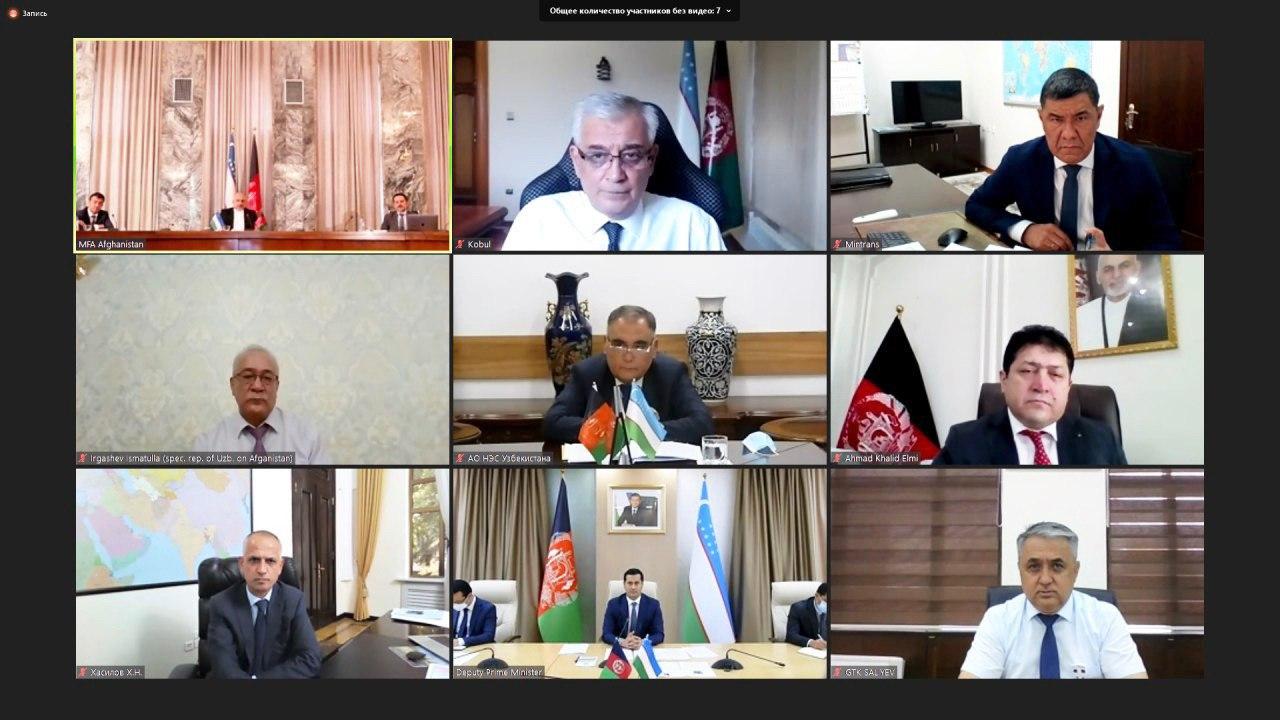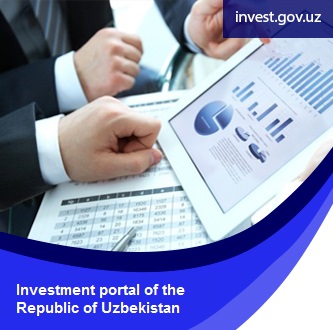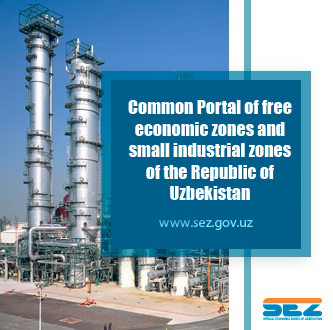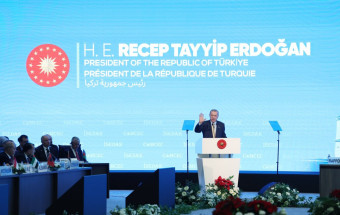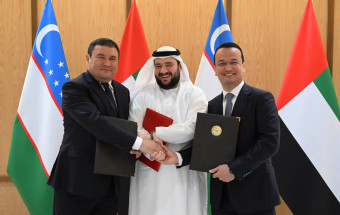Uzbek - Afghan negotiations - another step towards deepening of bilateral cooperation and strengthening of stability and sustainable development in Central Asia
On August 8 this year, the Government Delegations of the Republic of Uzbekistan and the Islamic Republic of Afghanistan held negotiations via video-conferencing, which confirmed their mutual interest in expanding bilateral cooperation and ensuring stable economic and infrastructure development in the region.
According to the agenda, the parties considered pressing concerns on interaction in trade, energy, transport communications and logistics, as well as the implementation of a number of important regional investment projects.
Deputy Prime Minister of the Republic of Uzbekistan - Minister of Investment and Foreign Trade S. Umurzakov, Acting Minister of Foreign Affairs of the Islamic Republic of Afghanistan M. Atmar and Head of the Presidential Administration of Afghanistan M. Shokir headed the delegations. The negotiations also involved the heads of the Ministries of Foreign Affairs, Transport, Energy, as well as other relevant departments and companies of the two countries.
During the negotiations, the parties emphasized the high level of bilateral relations achieved over the past 3 years thanks to the efforts of the leaders of the two countries, as well as expressed a firm commitment to the timely and effective implementation of the agreements reached in a wide range of cooperation.
They expressed their support of further cooperation in energy sector. They agreed to continue the supply of electricity from Uzbekistan to Afghanistan and develop appropriate infrastructure for this purpose, including the early implementation of the Surkhan - Puli-Khumri transmission line construction project.
The parties also noted the need to improve the infrastructure of transport communications in the region and ensure interconnection of Uzbekistan and Afghanistan by developing transport corridors and using the transit potential of the two countries both in the Central Asia - South Asia, and Afghanistan - China, CIS countries and Europe direction.
Here, the parties exchanged their views on ways to further strengthen commercial ties. In particular, they positively evaluated the growth in the volume of mutual trade: according to the first half of 2020, despite the negative impact of the pandemic on the international trade situation, the volume of bilateral trade increased by 24% compared to the same period last year.
In order to further build up commercial relations, the parties agreed to develop appropriate institutional and legal framework, take additional measures to stimulate mutual trade, including through the use of the potential of border trade and the review of opportunities to conclude Agreement on Preferential Trade.
The negotiations resulted in agreement to jointly expand trade and economic cooperation n the near future, determination of certain measures to further interact and implement specific projects in the development of commerce, energy and transportation.
The parties agreed that the progress in bilateral cooperation and proposals to strengthen the partnership will result in stability, sustainable development and deepening of economic cooperation in the Central Asian region and the active involvement of Afghanistan in this process.


